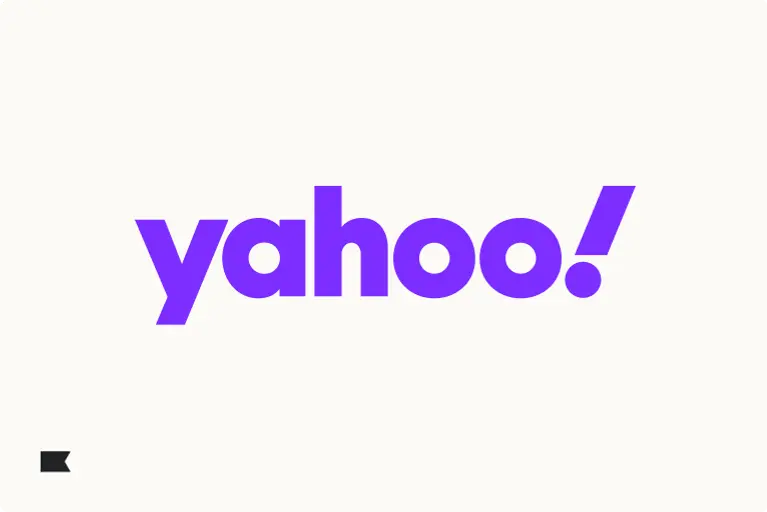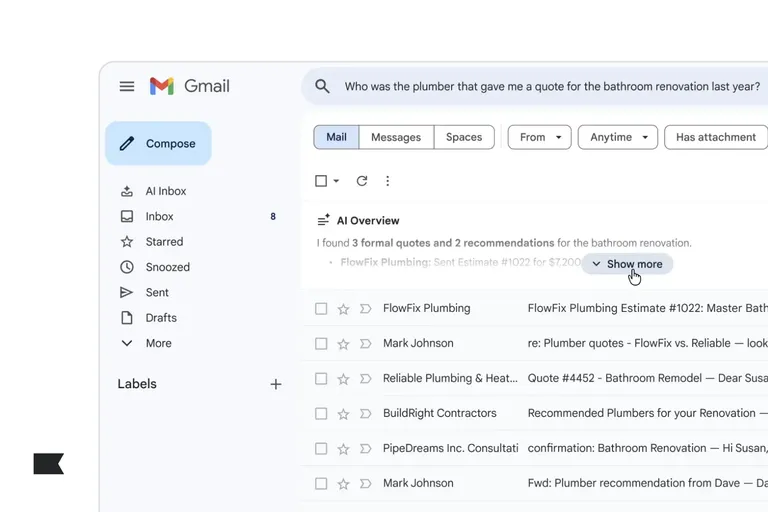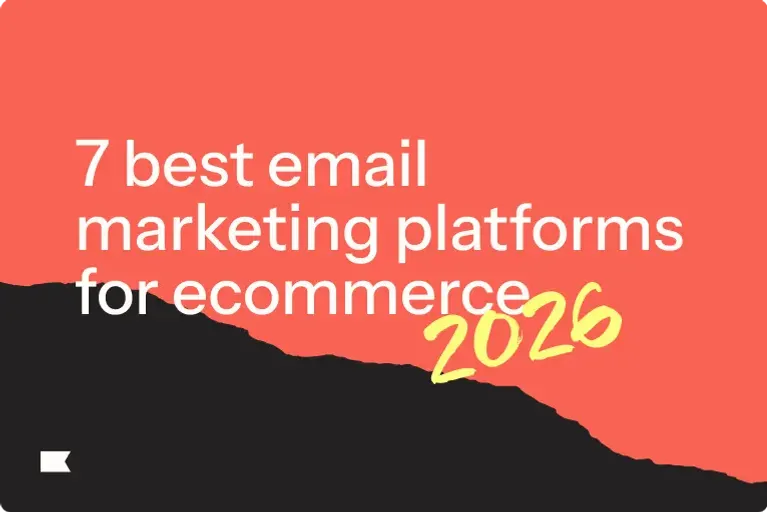Your success with email marketing is dictated by who you send messages to and who you don’t.
But let’s face it: the ins and outs of segmentation can feel tricky even to seasoned marketers.
While we all know how crucial segmenting is, it can be tough to make those day-to-day decisions about which specific groups get a particular marketing message.
As founder of Zettler Digital, I specialize in helping brands excel at performance marketing, retention, and website optimization. In the first half of 2024, I audited 65 Klaviyo email accounts. In terms of changes that could improve campaign performance, one issue rose to the top: segmentation.
Most accounts suffered from at least one of several key problems:
- Oversegmenting
- Undersegmenting
- Ignoring key exclusion groups
- Enriching user profiles with zero-party data, but not using it
- Sending to recent buyers
Take these 5 steps to get the most out of your segmentation.
1. Stop oversegmenting
Plenty of well-meaning brands narrow recipients down to groups that are simply too small. They may be concerned about deliverability and want to make sure they maintain high performance of individual campaigns for fear that their messages may end up in spam folders.
While that logic is understandable, the consequence is steep: you’re not reaching subscribers who may be likely to engage with your messages.
Deliverability should always be a concern, but accounts that generally maintain healthy sending practices—like sending content to people who have recently engaged, subscribed, or purchased—are able to send to wider groups of subscribers.
For example, perhaps a brand commonly sends campaigns to subscribers who have engaged in the last 90 days. But when a big sale comes around, they don’t send to anyone who has purchased before. Or, they don’t send to people who subscribed 6 months ago and have yet to purchase.
These are examples of oversegmenting—and there are plenty more. Unless an individual’s account has demonstrated that they are highly unlikely to engage, you should consider emailing them. Otherwise, you’ll end up having tens of thousands of subscribers—or even hundreds of thousands, as I’ve seen in some cases—that have never received a single email from your brand.
2. Stop undersegmenting (a.k.a. “batch and blast”)
In conducting audits, I’ve seen accounts fall in 1 of 2 buckets—operators are oversegmenting or undersegmenting.
Performance for many accounts can suffer when marketers send campaigns indiscriminately to a very wide group of subscribers, or even all of them. In terms of deliverability, this is an even bigger problem than oversegmenting.
Remove the phrase “batch and blast” from your vocabulary.
For subscribers who become less and less likely to take action over time, consider running a targeted re-engagement campaign or flow. But don’t include them on more regular campaign messaging.
Deliverability tip: Use Klaviyo’s email deliverability hub to track your deliverability score.
3. Stop ignoring key exclusion groups
In addition to excluding subscribers who have not taken recent action, you should also exclude a few key segments from any (or at least most) campaign messages.
For example, if a subscriber has soft bounced in the last 30 days, but is still able to receive messaging, we recommend excluding them. The likelihood that a user that has recently soft bounced will take action is extremely low, and bounces are the type of activity that can cause significant deliverability issues.
We also recommend excluding subscribers who have soft bounced more than 3x ever. Subscribers in this scenario aren’t automatically suppressed from an account (that doesn’t happen until after 7 occurrences of a soft bounce), but after multiple occurrences, still they are not likely to take action on an email.
Many marketers don’t exclude these subscribers, or anyone at all in some cases.Consider excluding anyone who:
- Recently placed an order. The last thing someone who just bought something wants is a promotional message about it. Nothing shows that you don’t know your customer more than a sale-oriented message about a product someone already has in transit.
- Has an active customer service issue. Have a customer service tool like Gorgias integrated with Klaviyo? Create a segment for subscribers with active support issues and don’t send them promotional messaging until it is resolved.
- Has a specific preference. The subscriber told you they’re interested in the women’s collection. So, don’t send them content about the men’s.
4. Stop enriching user profiles with zero party data, but not using it
You’ve probably seen my LinkedIn posts about Zettler Digital’s clients’ success with list growth and conversion. One of the main ways they achieve that success is by asking people why they’re shopping and using that to personalize messages.
We see a lot of brands collecting information, then not using it at all. Don’t make this mistake.Yes, use the data for exclusions. But also consider tailoring content to subscribers so they receive messaging based on information they’ve provided to you. All the information you collect via subscriber sign-up forms, quizzes, and post-purchase questionnaires is incredibly valuable. Use it to personalize messages so your subscribers see the products they’re most interested in.
Do you sell supplements and have a quiz for understanding a customer’s workout habits or dietary restrictions? Focus on that new vegan protein powder for someone who told you they were lactose intolerant.
Do you sell coffee and someone told you in a welcome pop-up that they’re interested in single-serve pods? Don’t focus on whole beans in the content they receive.
5. Stop sending to recent purchasers
I already mentioned this one, but it’s important, so let’s expand. Most of the brands I reviewed recently weren’t excluding recent purchasers across most campaigns—only 1–2 were taking this step.
Of course, there isn’t much of a need to try to market a product to a customer who just purchased something within the last 7 days. Yes, their package is probably still in transit. Depending on what you sell, maybe you haven’t even shipped it yet (hopefully that’s not the case).
While you should exclude recent customers from regular campaigns, think about how you can enhance the post-purchase experience, especially for first-time customers.
Need some inspiration? Here are 9 post-purchase ideas that drive engagement, revenue, and loyalty.
Strategic segmentation is the ultimate email marketing tool
Segmentation can feel like email admin—a chore you do on autopilot. But it’s also an incredible tool to personalize your messaging, enhance deliverability, and drive higher levels of engagement and sales from email marketing—and it’s getting more efficient with tools like Segments AI.
Before you take the step of major overhauls around cadence, design, and send times, try breaking some bad habits. You might be surprised by how much money you make.
Related content
- Email segmentation tools have evolved—and you should use them to do the same
- 13 creative email segmentation strategies and ideas, with examples
- Sophisticated segmentation tactics from top-performing brands
Schedule a call with Zettler Digital today.
Reach out



